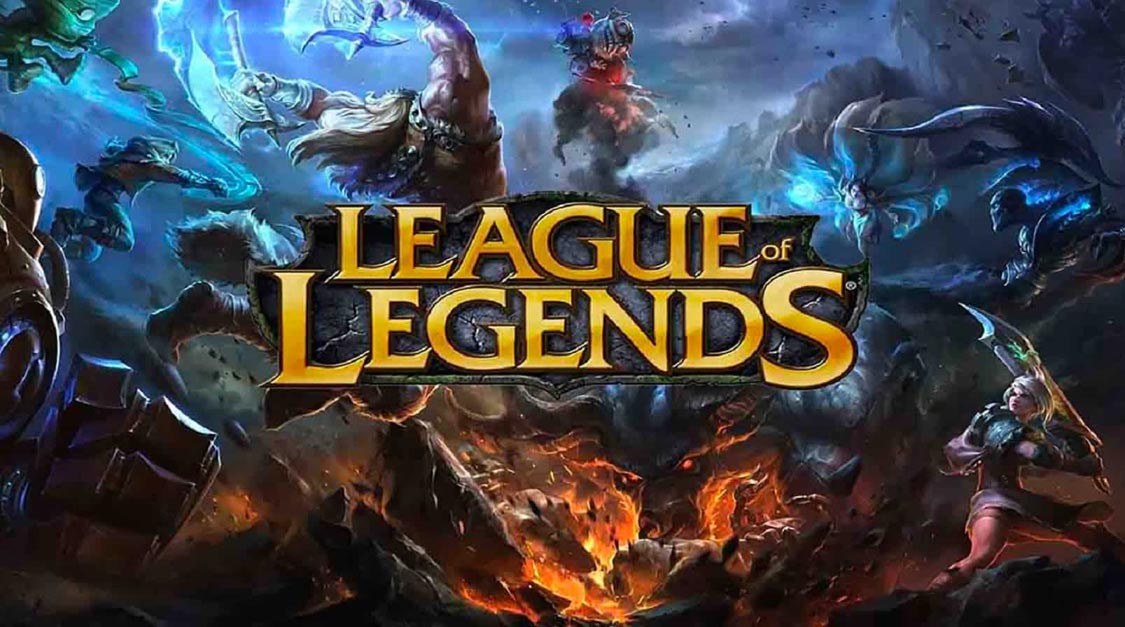For millennia humans have sought to compete with one another in contests of skill. For most of our history that competition was limited to physical contests, but with the advent of board games, such as chess or go, competitors no longer had to rely solely on their physical prowess.
With the development of video games, it was perhaps inevitable that players were going to challenge each other to see who was capable of setting the highest scores. This came to fruition in 1972 with Stanford University hosting the first recorded video game competition. Other contests soon followed and competitive gaming was solidified as a realistic hobby to pursue. It wasn’t until the advent of the internet; however, that competitive playing found its way to appeal to larger audiences, no longer limiting players to being in the same physical location to play against one another.
South Korea is considered the birth place of the modern day esports scene and was the first country to televise competitive games. Seeing the potential popularity of esports on a global stage, developers themselves started to create games with structured competitive play in mind by adding features such as ranks and leagues to differentiate between players’ skill levels.
It’s difficult to determine exactly when the possibility of becoming a professional esports player arose. Whilst a lot of the early tournaments garnered a lot of attention and even had large cash prizes (some over $1,000,000) it wouldn’t do any of the players much good if they couldn’t sustain themselves in-between tournaments. Sponsorship deals and even small salaries from video game developers themselves came on to the scene to help players focus solely on improving their skills in the video game and not have to worry about earning enough money to live. Currently it’s quite common to have an esports team all living in the same house to maximise the time they have to practice together as a team.
There has been some negative pushback from traditional sports fans as to whether or not esports should be considered a form of sport. The answer isn’t clear and so far has been based on personal opinion from so-called sports “purists.” But what can be said is that for the foreseeable future esport popularity is only set to grow with mainstream media outlets, such as ESPN, even starting to broadcast some of the more popular tournaments.
The internet has been one of the largest factors behind the growth of e-sports and remains the most popular way to watch. Sites like Twitch.tv regularly show e-sports tournaments, which pull in hundreds of thousands of viewers and manage to get year-on-year growth. There’s never been an easier time to get into watching e-sports.








